We work to better understand the problem through research and push for the critical systemic and social changes necessary to end the sexual exploitation of children with governments, intergovernmental institutions, the private sector, civil society, and the general public, including with the children themselves.
We look at this issue in all its settings, including child sexual exploitation through prostitution; trafficking; child early and forced marriage, online and in the context of travel and tourism. In 2021, we have charted and laid down the blueprints towards a new, innovative path towards a world where all children are free from sexual exploitation. Read the 2021 –2025 ECPAT Strategic Framework here.
We are pleased to share with you this year’s Annual Report, highlighting ECPAT’s accomplishments from July 2020 to June 2021.
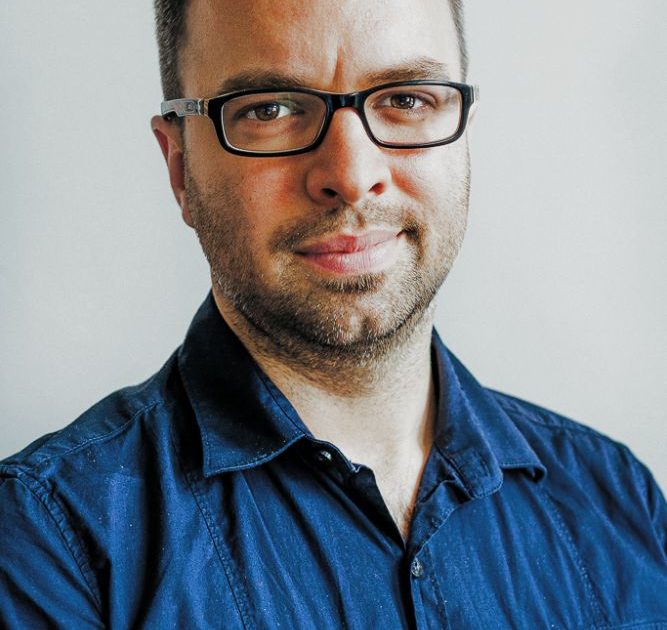
For the first time in generations, the whole world is facing the same battle and the same challenges. This pandemic has defined an era, and demonstrated how quickly the world can change. As a result, we must now reevaluate our usual tools and approaches for dealing with the sexual exploitation of children, and understand the increased and new risks that have emerged during the COVID-19 pandemic.
Along with growing inequality and increasing global poverty—including extreme poverty—we must now redouble our efforts to ensure that the children, as the most vulnerable members of society, will not be forced to face the brunt of a situation they played no part in creating. The world, which includes ECPAT, our members, and partners, is navigating uncharted territory, so we must adapt to the new environment and be ready to face sudden challenges that grow quickly.
I have seen ECPAT evolve over the years, and I am thrilled to return as Executive Director with the knowledge that the dedicated staff, network members, and so many others are ready to respond to even the most unpredictable situations.
To our readers, whatever role you play, your work is vital and continues to change the lives of countless children, whether you are a researcher, working on the frontlines, or spreading awareness and advocating for change.
A special thanks to our donors and patrons. Your steadfast support is truly appreciated. Your encouragement and assistance make it possible for us to continue protecting children across the globe as countries slip into third and fourth waves of this pandemic. Together, our dedication and determination will help us end the sexual exploitation of children, no matter what obstacles lie ahead.
As we enter into another year, all of us at the ECPAT International Secretariat hope you and your loved ones stay safe and healthy.
Mr. Guillaume Landry
Executive Director, ECPAT International
In 2020, ECPAT celebrated its 30th year. We looked back on the story of our partnerships, our journey, and how we came to be. Starting as a small group of activists in Asia working to stop travelling sex offenders from sexually exploiting children, to becoming the leading organisation fighting to end the sexual exploitation of children, our successes and growth has been monumental. However, we cannot rest until every child is living a life free from sexual abuse and exploitation.
Read our previous Annual Report:
Despite the pandemic, our network continues to grow stronger. During the year, we gained a new member in the ECPAT network member from the Maldives, expanding our global representation to 122 member organisations from 104 countries.
Often only seen as a beautiful holiday destination, there is evidence of children in Maldives being engaged in the worst forms of child labor, including in sexual exploitation—sometimes as a result of trafficking. While the country’s geography is widely dispersed, the existing support services are centralised and hence not accessible to many children in Maldives. Therefore, we are excited to have welcomed Advocating the Rights of Children (ARC) to our network. ARC is a non-governmental, non-partisan, non-profit organization registered in the Maldives in December 2009. With a mission to protect and promote the rights and well-being of children of Maldives, ARC gives a voice to children in the country, advocating for their health, safety, education and wellbeing. ARC’s main areas of work include close collaborations with children’s shelters, while raising awareness on the rights of children and promoting and engaging in development processes of related laws and policies.
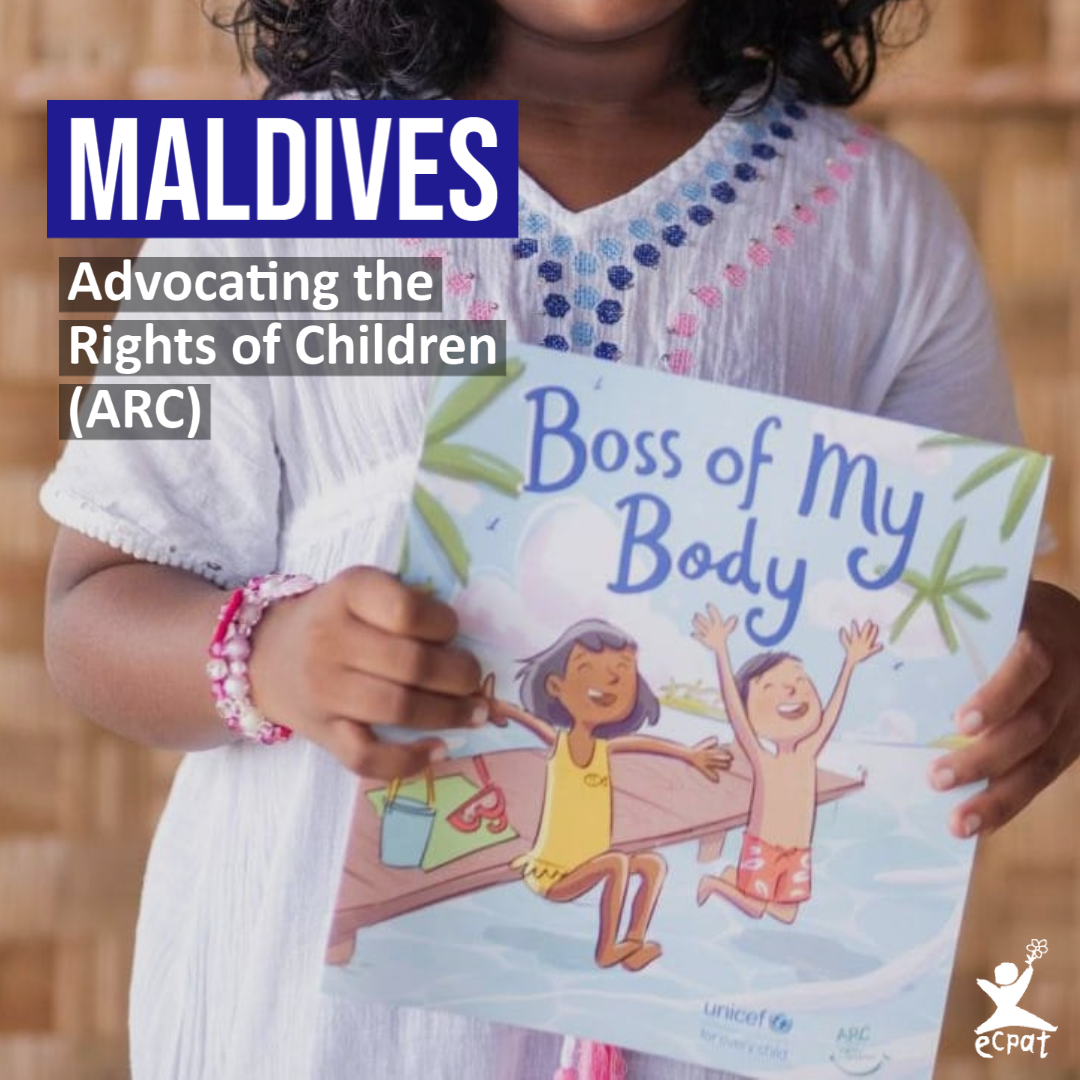
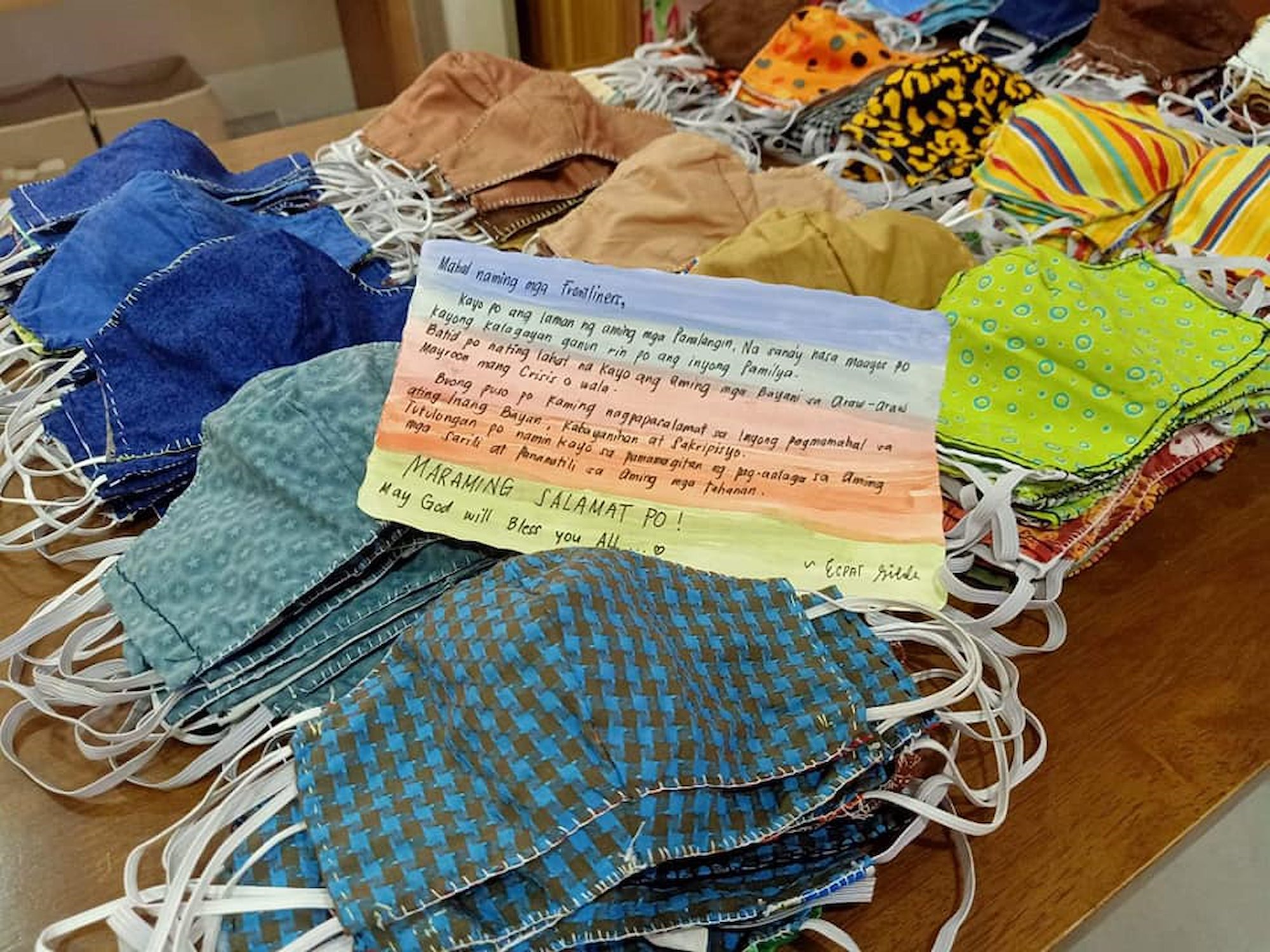
The year presented unprecedented global challenges, with local lockdown measures forcing 83% of ECPAT’s membership to either fully or partly close their offices. Despite these limitations, the ECPAT network were determined to adapt to the new realities. Most of the direct physical health, psycho-social, and emergency response services provided to children could—with increased health and safety measures—continue uninterrupted. Shelters could remain open. Other work transitioned into the online environment and, therefore, the network also managed to continue its advocacy and influencing work and successfully push forward on issues related to child sexual exploitation nationally, regionally and globally. This Annual Report cannot do justice to the scale of this year’s accomplishments. Yet, it aims at celebrating a number of collective and individual achievements of our work across the world over the previous year. Find a short selection of a few selected inspiring examples here.
Despite some of the challenges that came with the COVID-19 pandemic, ECPAT International maintained and built on our reputation as an important global player in the fight to stop the sexual exploitation of children. I am proud of our team’s hard work, commitment and passion as we were able to achieve so much within just one year.
– Thomas Muller, Deputy Executive Director / Network Development and External Relations
In the past year, we hosted and participated in important events and promoted key dates in efforts to raise awareness about ongoing problems related to the sexual exploitation of children. Click below to explore our campaigns.
We increased our presence during important events, including important international UN days, to ensure problems related to child sexual exploitation are visible and heard. Amongst many other important things, we pushed for dialogue on addressing the sexual exploitation of children at the World Travel and Tourism (WTTC) Summit, we were part of a consortium of influential stakeholder which presented a letter to Apple; and and pushed hard critical decisions on legislative reforms in the EU as part of our Project Beacon. We have covered much ground through Disrupting Harm, a multi-country project across the major regions of the globe to make advances on protection of children online. Equally important, recognizing that limited work was being done to address sexual exploitation of boys, through The Global Boys Initiative, we are taking a central role in bringing their voices and experiences to a larger audience.


Ending the Silence on Child Sexual Exploitation is a podcast by ECPAT International. In our podcasts, we share what we know about emerging issues, what is being done to tackle the problems, how children are affected around the world, and what you can do to support the fight to eliminate this crime. Episodes produced during this year include our own ECPAT research team, which gives insight into how our work is produced, while we also feature conversations with global experts, ECPAT members, and activists, who provide different insights from the perspectives of their professions, organisations, countries or communities.
As of 2021, almost 60% of the world’s population are connected to the internet bringing people everywhere closer together. Children first and foremost are adopting new technologies quickly with an estimated one out of three internet users being below 18 years of age. The COVID-19 pandemic has accelerated this shift of children’s lives into the online space. In parallel, the circumstances for offenders to misuse technology with an aim to contact, groom and abuse children is on the increase. ECPAT has been addressing OCSE since the second half of the 1990s and by today, it has become one of ECPAT’s key areas of work. Here are some highlights from this year of two of our key projects dedicated to end OCSE, Project Beacon and Disrupting Harm.
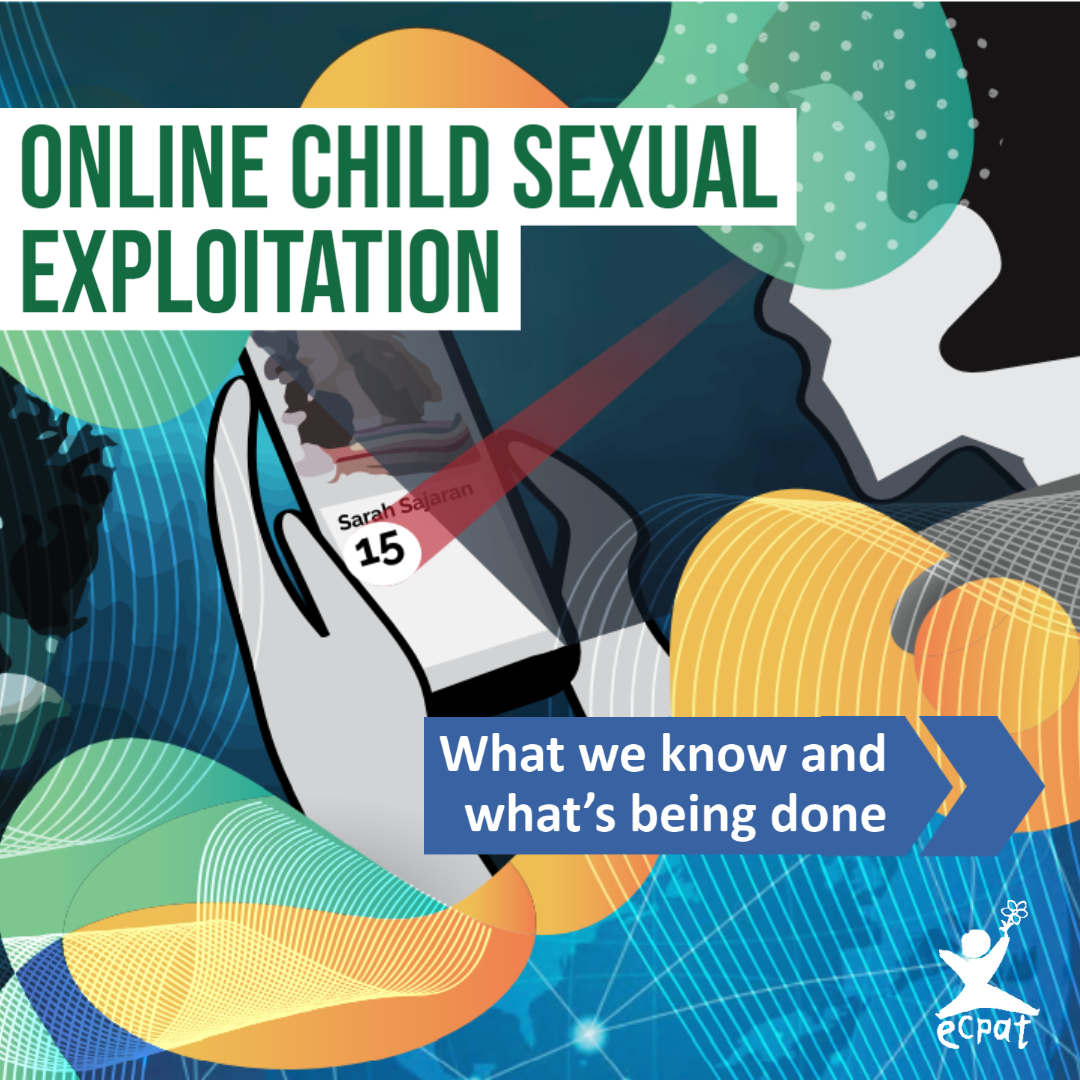
Developed as a response to the concern regarding the changes to European policy around digital rights in late 2020, Project Beacon is a special project that was formed to ensure tackling child sexual abuse materials (CSAM) remains a priority for EU policymakers, despite the numerous changes in privacy legislation. Supported by the Oak Foundation, and implemented by ECPAT International together with our European member organisations, aims to influence the adoption of unified policies, regulations, and a robust legal framework that reflect child protection concerns across digital spaces and encrypted environments. Find out more
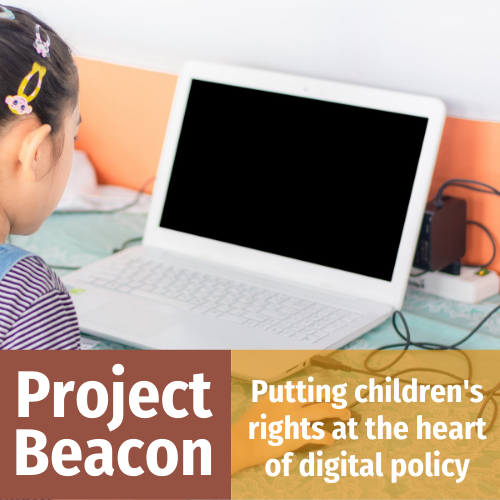
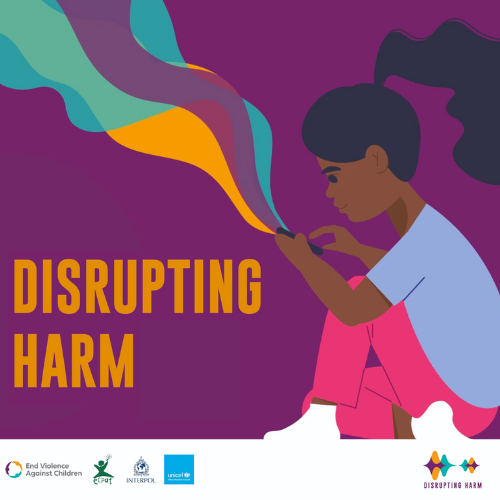
Disrupting Harm is a multifaceted research project on online child sexual exploitation and abuse. Funded by the Global Partnership to End Violence against Children, ECPAT International leading this unique collaboration with INTERPOL and the UNICEF Office of Research – Innocenti, assesses the context, threat, and children’s perspectives of online child sexual exploitation and abuse in 13 countries in Southeast Asia and Eastern and Southern Africa. Disrupting Harm will also highlight the current response to OCSE and issue clear recommendations in both regions, as well as individually for Cambodia, Ethiopia, Indonesia, Kenya, Malaysia, Mozambique, Namibia, Philippines, South Africa, Tanzania Thailand, Uganda and Vietnam. Find out more.

The international response to the COVID-19 pandemic had a massive impact on the travel and tourism industry. It also increased the economic vulnerability of families, in particular in countries which depend on income from tourism. When tourism restarts with domestic travel and an increasing use of technology along with new travel and tourism products, it is crucial to capitalise on the progress to fight sexual exploitation of children that has been made in recent years. As such, ECPAT International’s SECTT work has adapted to meet this challenge.
To adequately address the sexual exploitation of children during the recovery of the travel and tourism industry, ECPAT International priorities for action include: evidence-based awareness raising, prevention of sexual exploitation of children through proactive engagement of the private sector, engagement with governments and other actors for the robust legal frameworks and effective law enforcement and access to child and gender sensitive justice, protection, comprehensive care and full recovery.
The Code (short for The Code of Conduct for the Protection of Children from Sexual Exploitation in Travel and Tourism) is a multi-stakeholder initiative with the mission to provide awareness, tools and support to the travel and tourism industry to prevent the sexual exploitation of children. The Code is a voluntary set of criteria that members commit to, to keep children safe.
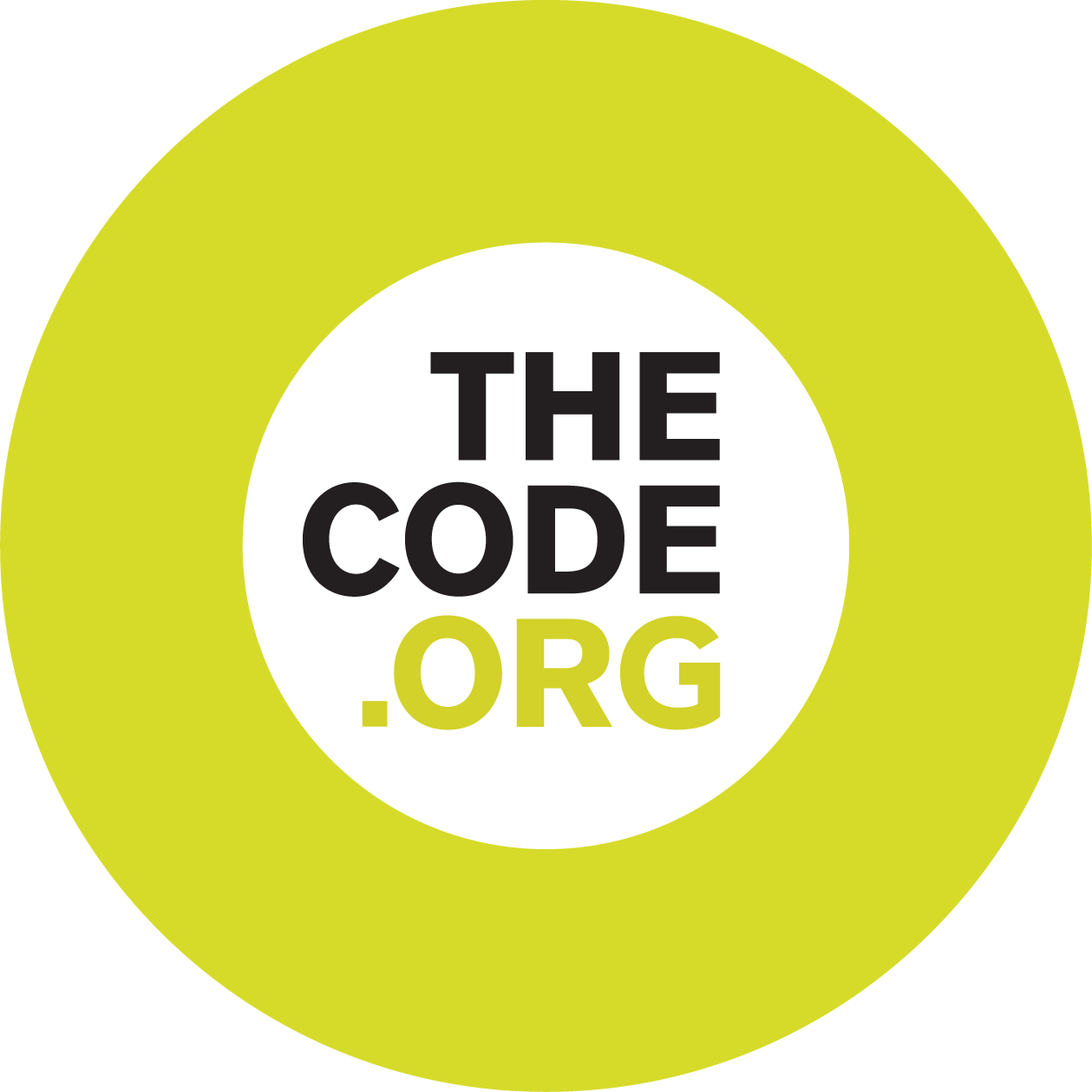
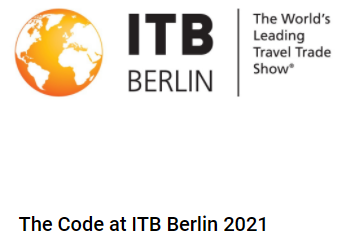
The Code at ITB Berlin 2021
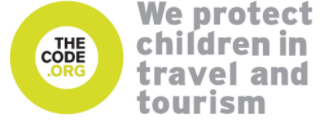
The Code announces seven new Top Members
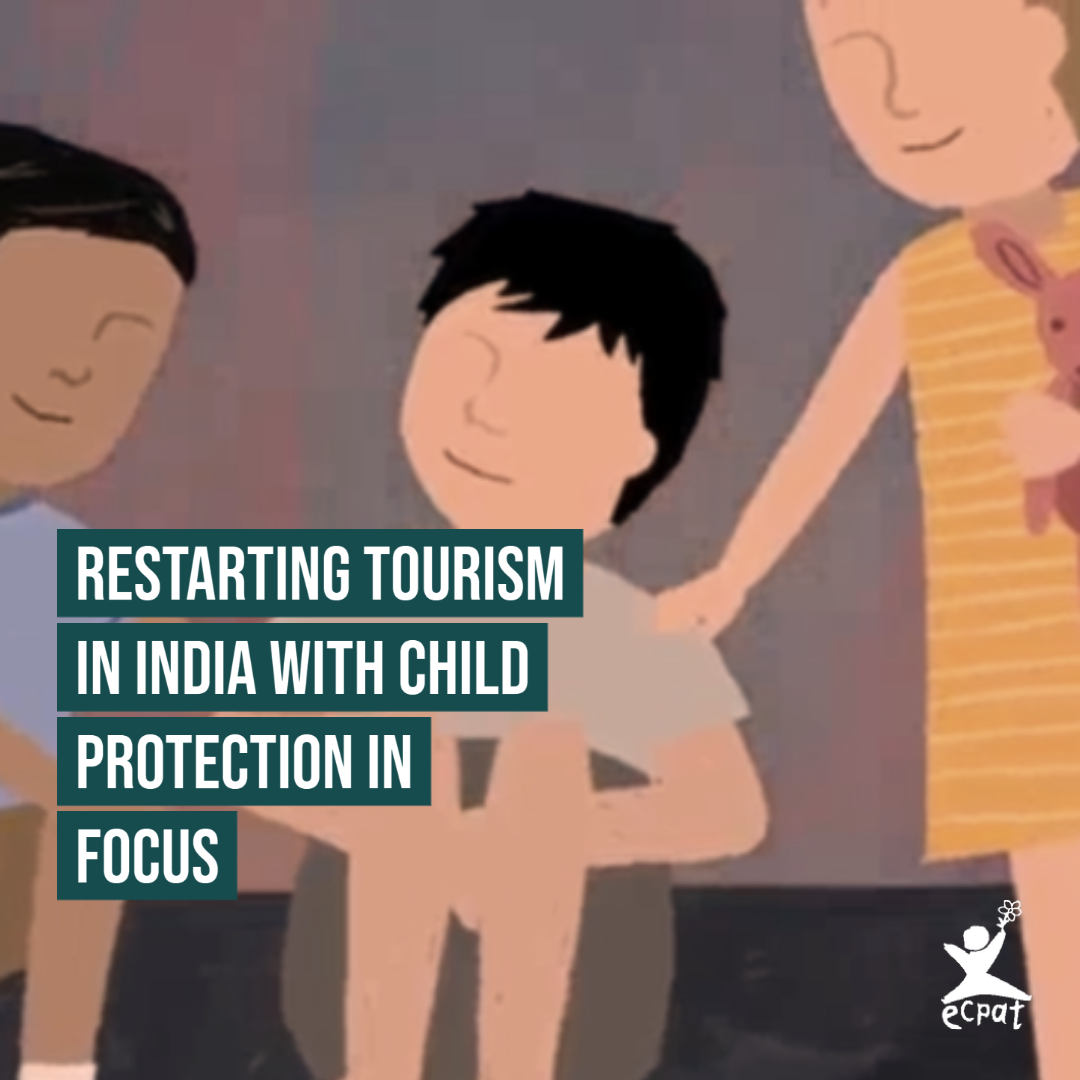
Restarting tourism in India with Child Protection in focus
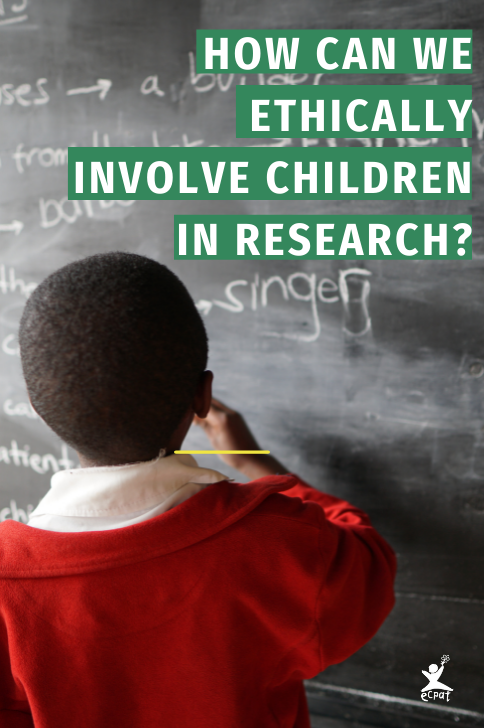
The research team marked the occasion of our 30th anniversary by publishing our summary papers.Launched in late 2020, they provide key insight into what we know about child sexual exploitation occurring in five forms:
Sexual Exploitation of Children in Travel and Tourism
Child, Early and Forced marriages as a form of, or pathway to Sexual Exploitation of Children
Online Child Sexual Exploitation
Sale and Trafficking of Children for Sexual Purposes
Sexual Exploitation of Children in Prostitution.
During this period we continued our rolling country analysis through the publication of our Country Overview Reports for Albania and Hungary and explored how child marriage and children living in institutions are at risk of sexual exploitation.
We also began work on our ambitious mapping via the Global Progress Indicators. The map, kept up-to-date by our 122 members in 104 countries monitors actions taken by states against a standard set of indicators. Find out what your country is doing to end sexual exploitation of children here.
The ECPAT research team also coordinated design, ethical review and extensive data collection in 30 countries. Conversations with child survivors, surveys with frontline social support workers, and interviews with government representatives, police, legal professionals and other experts informed our multi-country projects:
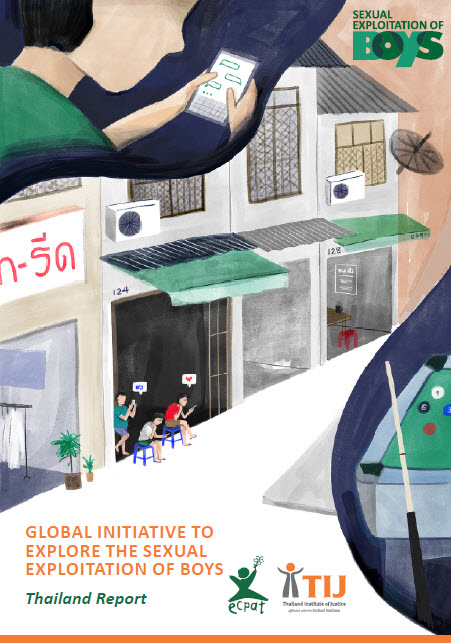
Global Initiative to Explore the Sexual Exploitation of Boys – Thailand report
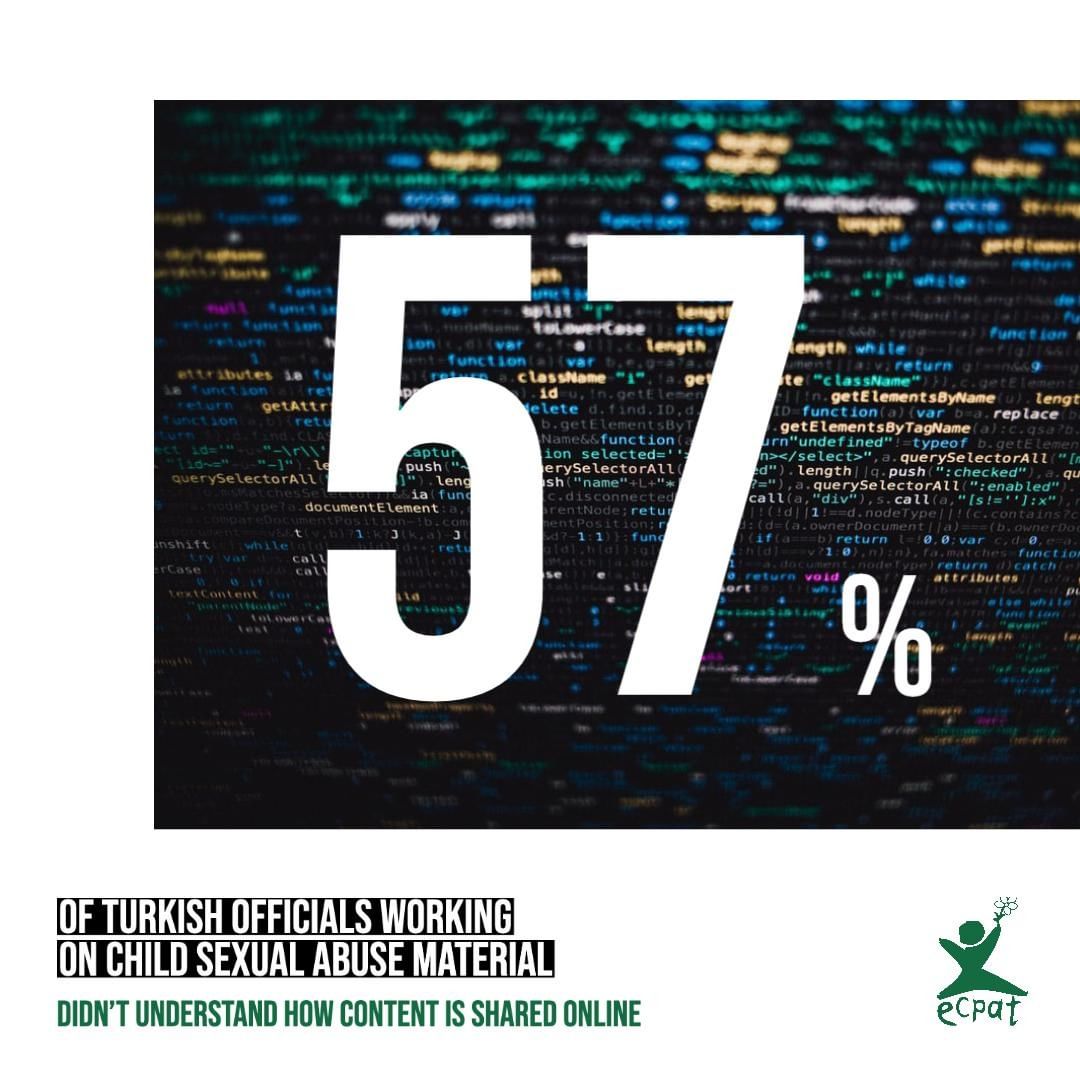
ECPAT: Proposed Turkish bill legitimises child marriage, statutory rape and impunity of offenders
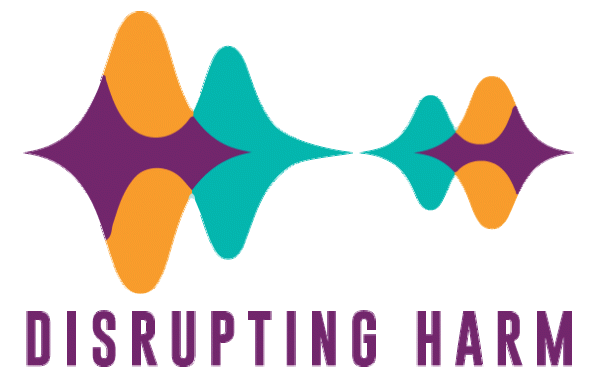
The partnership brought together and funded three global organisations to undertake new research in 13 countries across Eastern and Southern Africa and Southeast Asia.
COVID-19 has pushed us all online, and ECPAT is no different. In response to the needs of our global network members, we have looked at how this change has affected the subject of our work and developed a new and robust Strategic Framework. Indeed, several of our current projects tackle the theme of online sexual exploitation of children, including both Disrupting Harm, Project Beacon, and Survivors Perspectives.
While pre-COVID-19 in-person meetings have a great deal of value, we have taken advantage of the time when we are forced to work apart to reflect inwards and think of new ways to share.
Agents of Change has been one such result, as we have used technology to train people. This resource, developed with the United Nations Office on Drugs and Crime and International Centre for Missing & Exploited Children has been made free and available to everyone with an internet connection. While it has been critical to reach policymakers and make the case for changes in law, making resources like this available to all people will make us all stronger and protect children further.
Although podcasts are not new, the widespread availability of tools to facilitate conversations in between conferences has allowed us to connect with people and share more information when we can’t meet in-person, which has included insight into the ‘how’ behind our work. We think this is inspiring and can help build a closer relationship with the people who follow our work. They can see (and hear) our dedication and efforts to make work as transparent and impactful as possible, with protection of the children at the core of it all.
The ways in which the world is changing are unpredictable, which has made us more vigilant in being aware of emerging threats, but also has allowed us to connect better, to share resources and information needed to tackle problems before they are out of control.
We can reach out better to lawmakers and influencers, we can identify powerful voices of people who want to help us, and we can engage them. ECPAT plans to utilise these opportunities. In an era of ‘disruptive tech’, ECPAT can also look at new ways of communicating and new themes to research, and with our communications team expanding, our connections with our members will also increase and help us identify best practices.
